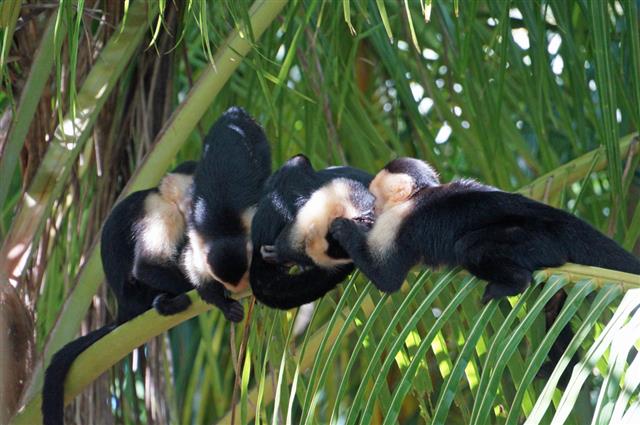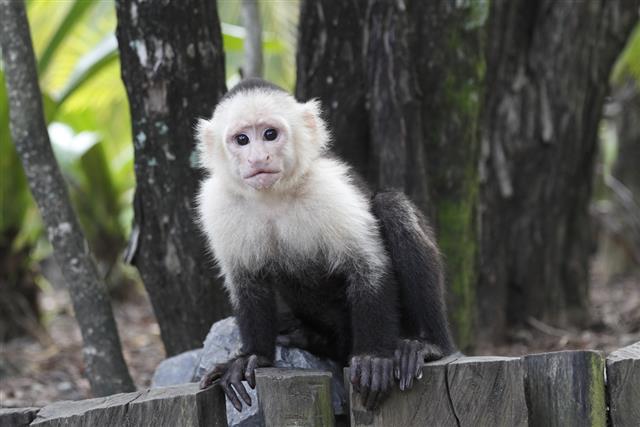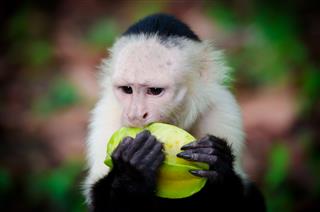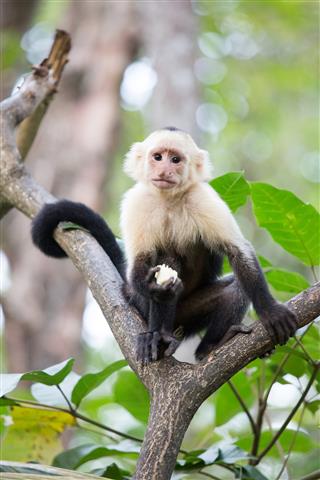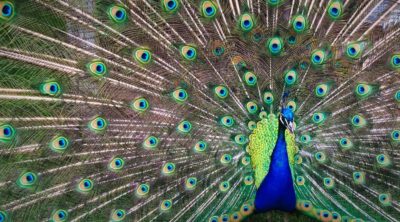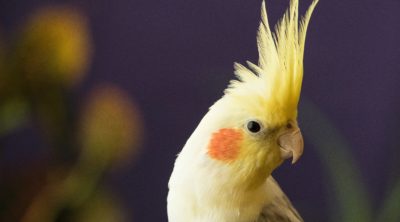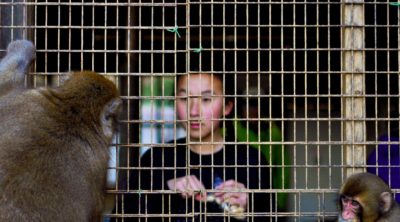
Keeping Capuchin monkeys as pets is no walk in the park. This article provides some interesting facts and also a few care-taking instructions regarding these animals.
Though not as common and popular as cats and dogs, monkeys are the choice of a few people wanting to have exotic pets. Though not entirely a safe choice, as these animals are naturally instinctive, they can be kept at home. Monkeys can never be completely trained, but at the same time cannot be left to be the way they are. Thus, owning a pet monkey is more of a challenge than a joy.
Facts about the Capuchin Monkey
Capuchin monkeys are a particular type of new world monkeys, more intelligent as compared to their peers. This is the reason humans like them as companions, and have been keeping them for a long time. Some interesting facts are listed below.
- These monkeys are classified under the genus Cebus, a part of the larger Cebinate family which includes squirrel monkeys, spider monkeys, and woolly monkeys.
- The name ‘Capuchin’ is derived from their appearance or color to be more precise, which looks like cowls worn by Roman Catholic Monks of the Capuchin order.
- Their habitat includes places in north and central America like Brazil, Peru, Honduras, and Paraguay, and they are mostly found in forests.
- They are lean and agile, and weigh between 3 to 9 pounds. Usually, their fur is cream or light-tan in appearance around the neck, face, and shoulders. The remaining body fur is dark-brown in color.
- Their height can be anywhere between 30 to 55 cm, and their tails are equal to the length of their bodies.
- They are arboreal and diurnal. Thus, they spend most of the day on trees looking for food, take a short afternoon nap, and sleep on tree branches at night.
- When it comes to diet, these monkeys are omnivores. They eat fruits, seeds, buds, and nuts, apart from spiders, insects, small vertebrates, and bird eggs.
- They are also known as ‘organ grinder’ monkeys, and can be kept as pets only if proper care is taken. They have a tendency to harm humans.
- In certain places, they are used as service animals, and are trained to help quadriplegics in the same way as mobility-assistance dogs are used.
- They mostly stay in groups of 8 to 40 members, comprising both males and females.
- They soak their hands and feet in urine to mark their territories.
- The gestation period for females is about 180 days, and the newborns stick to the mothers’ chest.
- Life expectancy is about 15 to 25 years, though some of them have even been known to survive for 40 – 45 years.
Caring for a Capuchin Monkey
Keeping these monkeys as pets requires a long time commitment. The following instructions should be useful.
Municipal Corporation Conformation
Before you get a pet monkey home, it is better to check with the local municipal corporation if it is legal to keep one in your locality. Some areas are very strict when it comes to animals and pets, and to avoid any court trouble later on, ensure that your area does not have any such restrictions.
The Cage
The cage you build for your monkey should be at least 6 feet tall. There are risks involved in keeping the monkey free at home, as it can create havoc. Although you may want it to run around in your presence, it is a bad idea when there is nobody at home. Thus keeping it in a cage is more an act of kindness than harshness.
Diet
Keep changing and monitoring its diet regularly. Begin with a basic diet and then start giving it fruits, raw/cooked vegetables, bread, nuts, seeds, and hard-boiled eggs. It can also be fed insects like mealworms, grasshoppers, and crickets. Include some vitamin supplements in the diet as well.
Toys and Outdoors
Provide the monkey with a variety of toys. Those that are suitable for babies and toddlers are good enough. Keep it on a leash while taking it outdoors. More often than not, monkeys prefer sitting on shoulders but in case it tries going where it should not, you can always hold it back.
Health Check
Your pet will need a total health checkup once every year which will include a blood test, a TB test, and a parasite checkup. Take it to a good and recognized veterinarian, even if it requires you to travel a little farther from your locality. Find a vet who specializes in monkeys, and if you are unable to, then contact a zoo in your locality to help you with the same.
Think properly before you decide to keep a Capuchin monkey as a pet. Looking at the instructions should give you an idea of the kind of care they require. These monkeys are extremely smart in getting away from captivity, so you will need to take adequate precautions.
